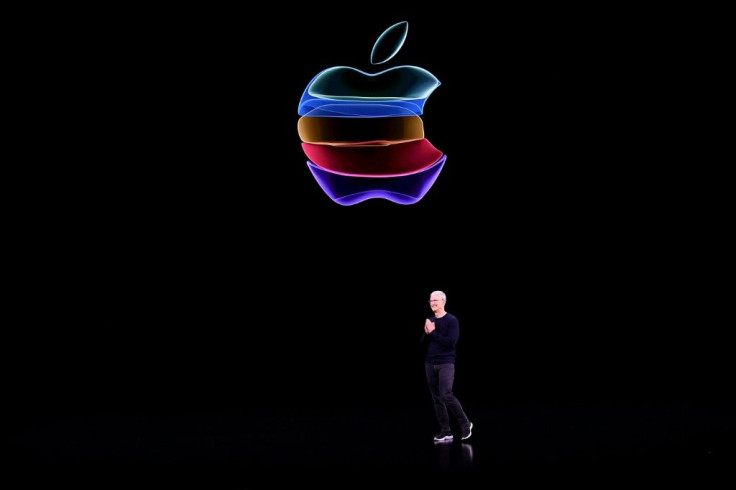Apple CEO Tim Cook Appointed Chairman Of China University Amid Hong Kong Protest Outcry

Apple Inc. CEO Tim Cook has been appointed the new chairman of the advisory board of the School of Economics and Management (SEM) of Tsinghua University in Beijing. Cook, who will serve as chairman for three years, succeeds Breyer Capital founder Jim Breyer in that role. The appointment comes at a time of increasing tensions between the Chinese Communist government and pro-democracy protesters in Hong Kong.
The advisory board was established in 2000. Comprised of entrepreneurs, business school deans, scholars, leaders of the Chinese Communist Party (CCP), and financial departments, Cook’s role will be to promote the development of the college and make it a world-class economic management school.
Cook has previously served on the board, but he is not the first “big name” CEO to do so. Facebook’s CEO Mark Zuckerberg and top Chinese government officials have also served as board members.
Cook is not your typical business executive. In 1998 he joined Apple, Inc. after meeting Apple’s co-founder Steve Jobs. In 2011 he took over as CEO six weeks prior to Job succumbing to pancreatic cancer. In October 2014, he “came out” as gay although his sexual orientation was well known to his associates at Apple.
Cook is a staunch Democrat who donated to former President Barack Obama’s campaign in 2008 and help raise funds for Hillary Clinton’s unsuccessful campaign against current President Donald Trump. A supporter of liberal causes, he surprisingly has developed a cozy relationship with Trump and has been seen with Ivanka Trump, Jared Kushner and Larry Kudlow, Trump’s National Economic Council director.
That relationship may come into play as Apple is “stuck” in the center of the trade war between the U.S. and China. Both countries are critical to its operations because its products are largely manufactured in mainland China and exported to its most lucrative market, the U.S.
Cook has publicly expressed optimism that the world’s two largest economies will come to an agreement. He has privately engaged with leaders in China in addition to his U.S. meetings.
Apple is facing some criticism over its decision to remove a crowdsourced map of Hong Kong police's presence from an app store that was used by pro-democracy protestors. Cook defended the move by claiming the app had become a dangerous tool for tracking police.
The app removal got the attention of political opposites. Representative Alexandria Ocasio-Cortez and Sen. Ted Cruz in a bi-partisan letter said, “We urge you in the strongest terms to reverse course, to demonstrate that Apple puts values above market access, and to stand with the brave men and women fighting for basic rights and dignity in Hong Kong.”
How this will all play out will depend on how the Hong Kong crisis and the U.S.-China trade war evolves and if Cook can walk the proverbial tightrope between China, Trump and his many adversaries, his new chairmanship, and his company, Apple Inc.
© Copyright IBTimes 2024. All rights reserved.




















